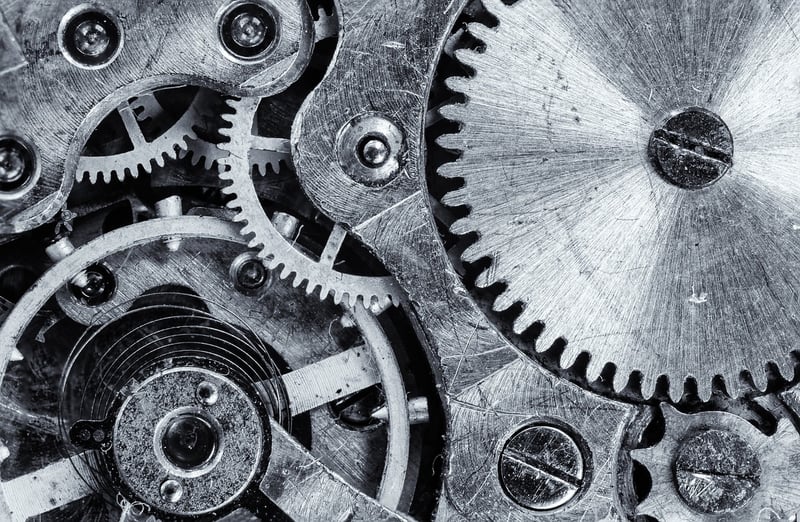Historical Integrity Debates
The Moral Considerations in Time Travel and Historical Integrity Debates
Introduction to Time Travel
Time travel has long been a fascinating concept in science fiction, allowing individuals to journey through time and potentially alter the course of history. While time travel remains a theoretical possibility, the ethical implications of such a technology are profound and complex.
Moral Considerations in Time Travel
One of the key moral considerations in time travel is the impact on causality and the potential for unintended consequences. Altering events in the past could have far-reaching effects on the present and future, leading to ethical dilemmas about the responsibility of time travelers.
Paradoxes and Ethical Dilemmas
Issues such as the grandfather paradox, where a time traveler prevents their own existence by altering the past, raise questions about the morality of changing historical events. Should individuals have the right to manipulate the timeline for personal gain at the expense of others?
Respecting Historical Integrity
Another crucial aspect of the moral debate surrounding time travel is the preservation of historical integrity. Intervening in past events could distort the accuracy of historical records and diminish the authenticity of human experiences.
Historical Integrity Debates
The preservation of historical integrity is a contentious issue, particularly when considering the potential impact of time travel on historical events. Advocates for historical accuracy argue that any interference in the past could lead to a distortion of truth and a loss of cultural heritage.
Conservation of Historical Truth
Opponents of altering historical events emphasize the importance of maintaining the integrity of the past. By safeguarding the accuracy of historical narratives, societies can learn from past mistakes and honor the experiences of previous generations.
Ethical Guidelines for Time Travel
As discussions about time travel and historical integrity continue, the development of ethical guidelines for time travelers may become necessary. Establishing principles to govern the use of time travel technology could help mitigate the risks of altering history irresponsibly.
Conclusion
The moral considerations in time travel and the debates surrounding historical integrity are complex and multifaceted. As technology advances and the possibility of time travel becomes more plausible, society must grapple with the ethical implications of altering the past and strive to uphold the integrity of history for future generations.

For further insights into time travel and ethical dilemmas, you can explore Scientific American's article on the ethics of time travel.
